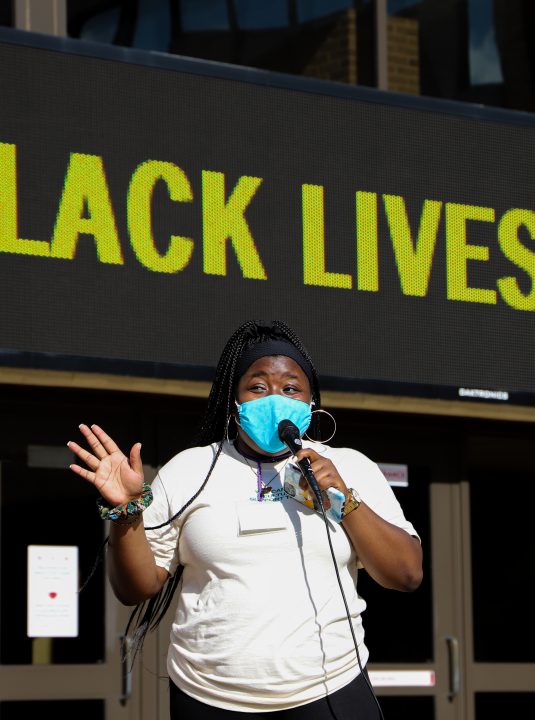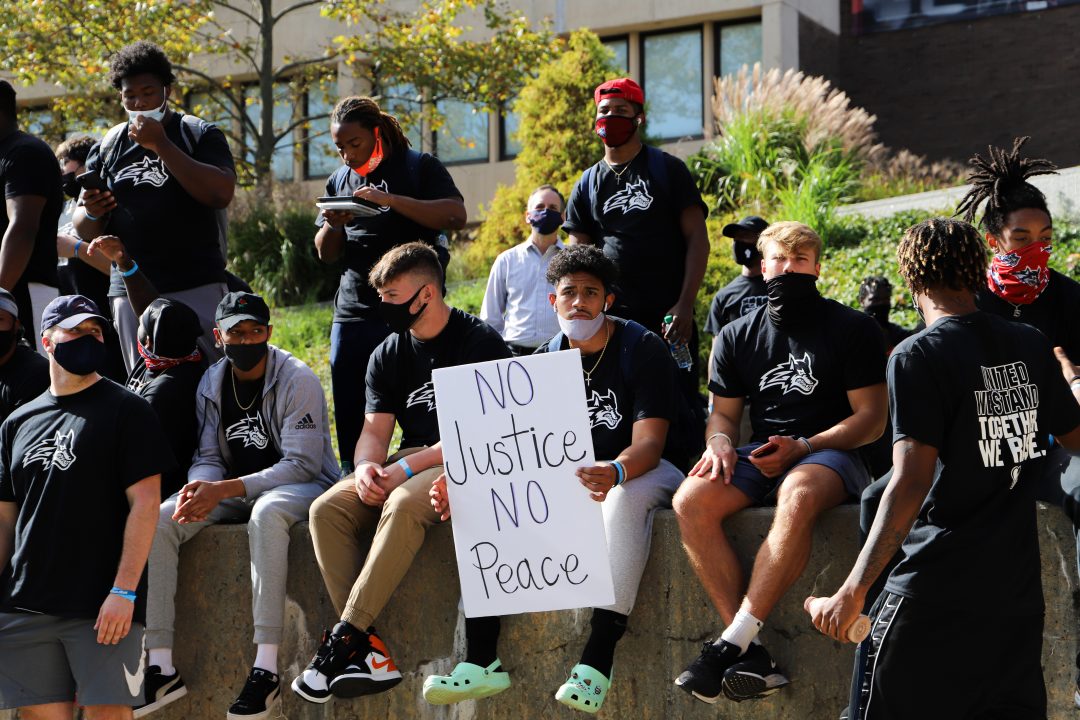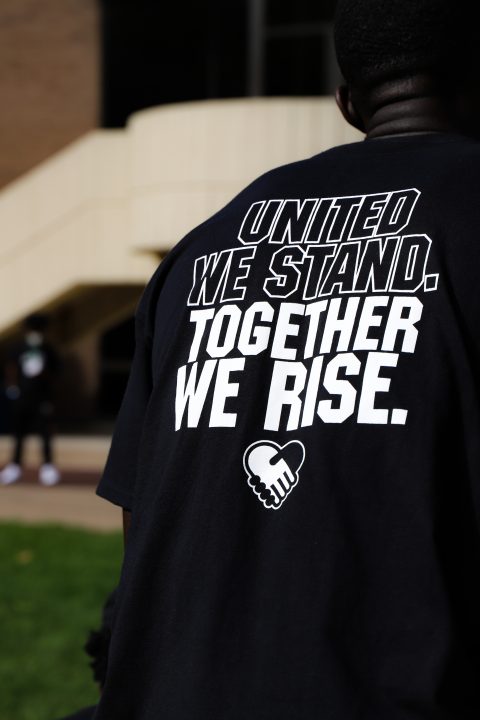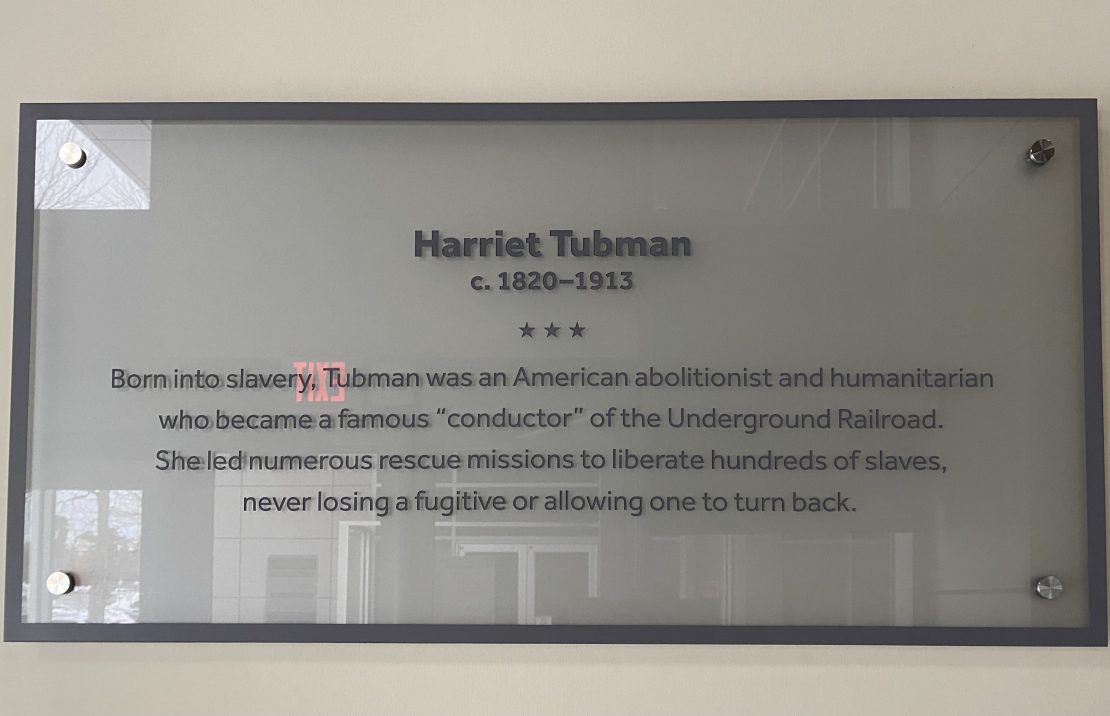
Steven Keehner, assistant opinions editor, is a junior journalism major with a minor in history.
Muhammad Ali
The phrase “Greatest of All Time” has seen its value diminish in the age of social media, where words are thrown around with no regard. Yet, when speaking of Muhammad Ali, to use any other description than “The Greatest” is an understatement about who he was.
I could explain how the Louisville slugger dominated the boxing world with his quick wits and quicker reaction time, but what made Ali into a legend wasn’t his 56 wins, 37 knockouts or heavyweight championships; what made him the best was what he accomplished outside of the ring.
Ali’s anti-war beliefs made him a public enemy of America following his refusal to serve in the Vietnam War. Because of this, his athletic prime was systematically taken from him — he was stripped of his boxing license and subsequently, his title too. This didn’t stop Ali from continuing to advocate for the causes he believed in.
As the American perception of the war changed, so did the public eye on Ali, who went from a villain to a hero, then into a champion once more. Even after his career ended, he continued to be the people’s champ through his dedication to a variety of humanitarian causes. An earner of the Presidential Medal of Freedom and United Nations Messenger of Peace, his impact on the world was bigger than any boxing ring could handle.
Despite his death in 2016, Ali’s dedication and resiliency still inspire those seeking to create a better world. He was a fighter in every meaning of the word — the only man who could make medicine sick — he was the greatest.
Sam Lauria, assistant opinions editor, is a sophomore journalism/political science major with a minor in philosophy.
RuPaul
Black History Month is a time in which we recognize and celebrate the role of Black individuals in America. When thinking about a Black person whom I admire, my mind immediately went to RuPaul.
RuPaul is the most financially successful drag queen in the U.S. He is known for introducing the world to drag (a form of entertainment in which people, usually men, dress up as women) during a time when it was very stigmatized. He normalized drag in a fun way that allowed drag queens to fully express their talents and personalities.
RuPaul is one of my biggest role models because he takes so much pride in who he is. As a bisexual woman, I have always respected how RuPaul has been an advocate for the LGBTQ+ community — even when being gay was not as widely accepted as it is today. As an extremely important individual whom I respect for his courage and innovation, RuPaul has always stayed true to himself, which inspires me to do the same in my life.
Cindy Mizaku, opinions editor, is a senior journalism and English dual major with a minor in gender studies.
Demita Frazier, Beverly Smith and Barbara Smith
The 1977 Combahee River Collective Statement, a name that honors the unequivocal bravery of Harriet Tubman, introduced a new lens to schools of feminist thought that is now commonly known as “intersectionality.” It is the idea that peoples’ identities are multidimensional and with that same belief, the oppressions that people face, whether they stem from racial, gender, economic inequalities to heteronormativity, are intersectional too.
Aside from addressing how varying experiences of discrimination coexist in marginalizing people, Demita Frazier, Beverly Smith and Barbara Smith, the primary founders of the collective, catalyzed what grassroots organizing looks like among people of color today.
I have critically read a diverse array of feminist texts since the age of 14, but none have left the same impact as the work of the Black feminists mentioned above. It’s not just their words that have shaped feminist studies — it’s how they created a Black sisterhood to gather information and inspire their body of work after feeling frustrated with the lack of representation of Black lesbian women in the 1960s movements, like Women’s Rights, Civil Rights and Marxism.
This collective of Black feminists informed their politics through an invaluable type of activism: consciousness-raising. No matter where one lies politically, engaging in personal storytelling, drawing connections between the experiences of others and sharing disagreements are forms of prolific discussions that we can all learn from. Demita Frazier, Beverly Smith and Barbara Smith have undoubtedly inspired me to question what I identify as true through gaining awareness from diverse perspectives — a practice that I firmly believe in.

Fanni Frankl, assistant opinions editor, is a junior journalism and political science dual major.
Maya Angelou
Maya Angelou’s poem “And Still I Rise” (1978) rings in my head to this day. The heart-wrenching story behind a girl who was raped at eight years old by her mother’s boyfriend could bring anyone to tears. Not only that, but when she told her uncles, who kicked him to death, Angelou could not talk for five years after the incident, frightened by the power of her words. But still, she rose.
Before starting her career as a prolific writer, she became involved with drugs and sex work. But still she rose. A theater group discovered Angelou at the strip club she was working at. She began to win roles and eventually moved to New York and made friends with famous Harlem writers.
As a Black woman in Arkansas during the 1950s and ‘60s, she experienced racial discrimination firsthand, impacting her chances to be the poet and writer she dreamed to be. During the turbulent Civil Rights era, the marginalization of Black women meant a success story like hers is a diamond in the rough. But still she rose.
Growing up in adversity with a passion for writing and the humanities, she was my role model to follow my writing dreams no matter the cost. She inspired me to write poems, sitting in bed with my Nintendo DS as the only source of light, teaching me that “you may trod me in the very dirt but still, like dust, I’ll rise.”






















